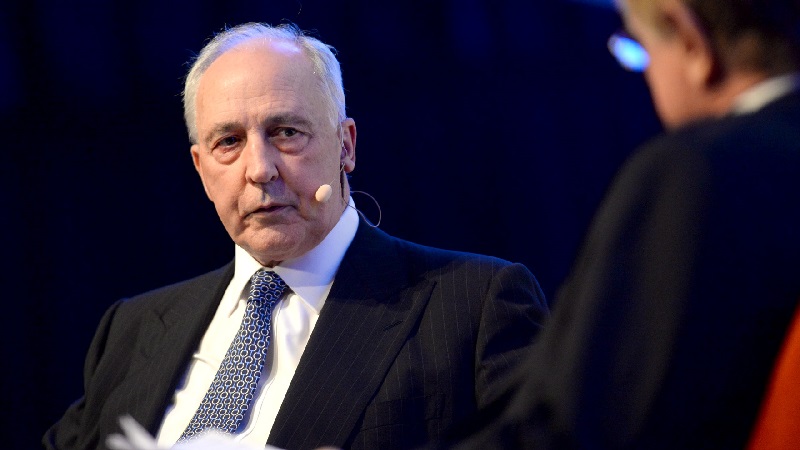Keating and China
August 30 2016

On August 30 2016 the Australia-China Relations Institute (ACRI) at the University of Technology Sydney presented the fourth instalment of our ‘Prime Ministers Series’ devoted to the China policies of Australian Prime Ministers. Paul Keating was Treasurer from 1983 to 1991 and Prime Minister from December 1991 until March 1996. One of Mr Keating’s key priorities both as Treasurer and then Prime Minister was improving the competitiveness of Australia in a global market.
Mr Keating discussed China and Australia’s relationship with China with eminent broadcast journalist Kerry O’Brien.
Mr Keating said China’s development over the past 40 years, combined with global economic factors such as the financial crisis of 2008-2009 has caused a ‘seminal shift in strategy and momentum’, in which China seeks ‘a new international economic and political order which is not part of the order produced by the victors of World War II’. But Mr Keating also noted that China has a pragmatic understanding of its place in the world, ‘They regard the US system as an exclusive system; they see a much more UN-mandated system. But they also realise that we are now in a multi-polar world and the days when China was a Middle Kingdom…is over.’ As such, China is attempting to establish what, in their view, is a ‘democratisation of the international system…the non-management of it by one state.’
On the South China Sea, Mr Keating argued that ‘China [is] testing the strategic limits, and doing it in a very cheap way…there’s no territory involved, except some rocks… which they have built some sand islands on. So at a very cheap price, they’re putting strategic pressure on the United States.’
Mr Keating also offered insights into his contributions to Australia’s deeper engagement with Asia, discussing, for example, his push for the creation of the APEC Leaders forum. Prior to this, Australian Prime Ministers ‘only went to two meetings: the British Commonwealth Heads of Government meeting… and the South Pacific Forum’.
To read the full transcript please download the PDF.
